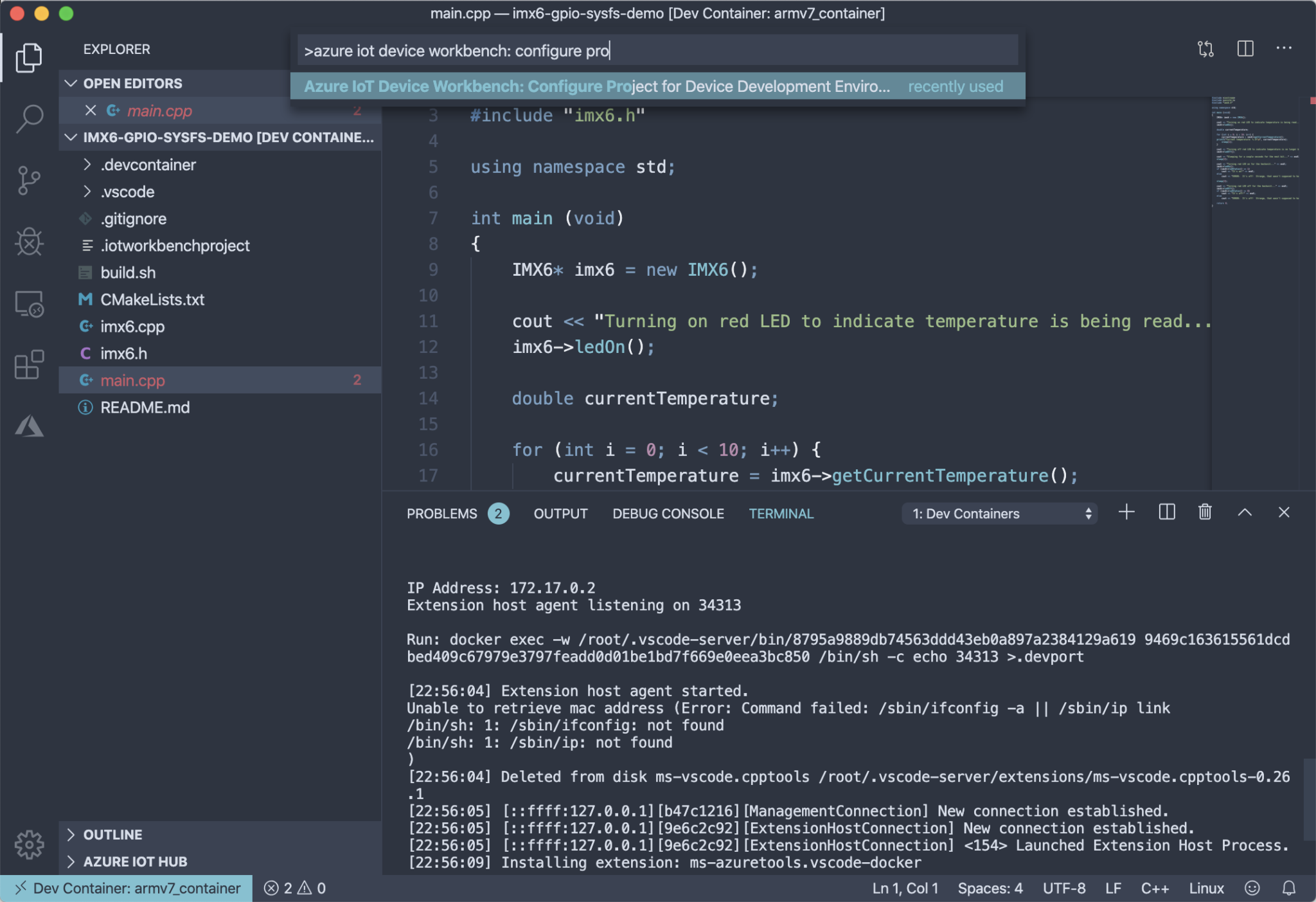Welcome to the November update of Azure IoT Tools!
In this November release, you will see the new standalone simulator for Azure IoT Edge development, the support of Vcpkg for IoT Plug and Play development and more new features.
Deploy Event Grid module on Azure IoT Edge
Event Grid on IoT Edge brings the power and flexibility of Azure Event Grid to the edge for all pub/sub and event driven scenarios. There are several ways to deploy Event Grid module in VS Code.
1. When adding a new module to your new or existing IoT Edge solution, now there is a new option to choose Azure Event Grid

2. When adding a new module to your new or existing IoT Edge solution, select Module from Azure Marketplace, you can see Azure Event Grid on IoT Edge.

3. In VS Code command palette, type and select Azure IoT Edge: Show Sample Gallery. You can open a new sample with pub/sub Functions along with Event Grid module.

Click here to learn more about Azure Event Grid on IoT Edge.
Standalone simulator for Azure IoT Edge development
For Azure IoT Edge developers, we have Azure IoT EdgeHub Dev Tool to provide a local development experience with a simulator for creating, developing, testing, running, and debugging Azure IoT Edge modules and solutions. However, the Azure IoT EdgeHub Dev Tool runs on top of Python environment. Not every Azure IoT Edge developers especially those using Windows as development environment has Python and Pip installed. Therefore, we have shipped a standalone simulator for Azure IoT EdgeHub Dev Tool so that developers who use Windows as development environment no longer need to setup Python environment. The standalone simulator has already been integrated in the latest release of Azure IoT Tools for Visual Studio Code. When you use Azure IoT Tools for Visual Studio Code,

Support Vcpkg for IoT Plug and Play development
Vcpkg is a cross-platform library manager that helps you manage C and C++ libraries on Windows, Linux and MacOS. With the support of Vcpkg for IoT Plug and Play development, developers could easily leverage the Vcpkg to manage the Azure IoT C device SDK as well as other C/C++ dependencies.
Previously, source code is the only way to include the Azure IoT C device SDK. Now, developers could generate device code stub of IoT Plug and Play via both Vcpkg and source code.
For more details with the step-by-step instructions, you can check out this tutorial to see how to create an IoT Plug and Play device via Vcpkg.

Configure an Embedded Linux C project using containerized device toolchain
We release the preview experience of containerized toolchain months ago aiming to simplify the toolchain acquisition efforts for device developers working on C / C++ project for Embedded Linux that requires the cross-compiling toolchain, device SDK and dependent libraries set up properly. Instead of doing this on local machine, which could lead to a messed-up environment, we provided a couple of common container images for devices with various architectures (e.g. ARMv7, ARM64 and x86).
And now you can further use this feature by configuring an existing C / C++ project you have to be able to compile in the container, and then deploy to the target device you use. If you want to further customize the container, we provided with extra device libraries and packages that are required for your device.

Check the tutorials to learn how to use it for your existing code base.
Try it out
Please don’t hesitate to give it a try and if you’re new to Azure, remember you can sign up for a free Azure account to get $200 free Azure credit and access to over 25 always free services (including Azure IoT Hub)! If you have any feedback, feel free to reach us at https://github.com/microsoft/vscode-azure-iot-tools/issues. We will continuously improve our IoT developer experience to empower every IoT developers on the planet to achieve more!

0 comments